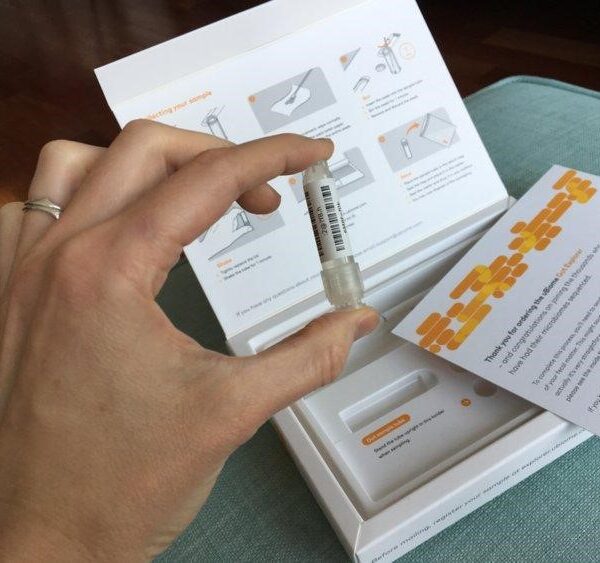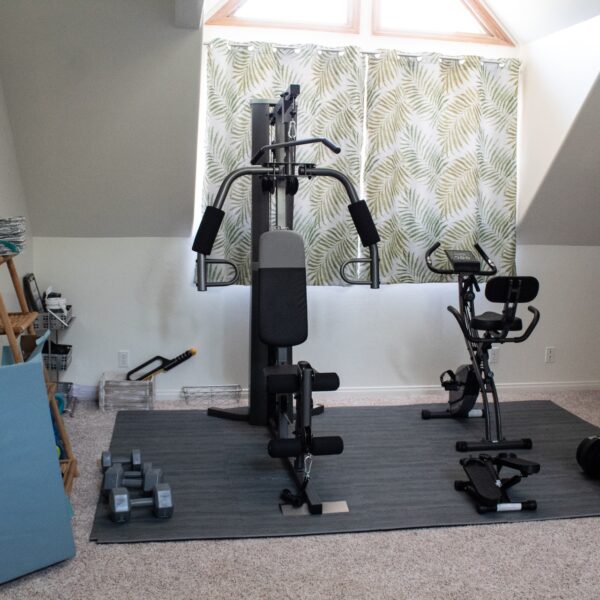A Power of Attorney (POA) is a legal instrument that safeguards your interests should you become incapacitated though illness or any other reason.
Important Facts
You can only set up a power of attorney if you are deemed to be of ‘sound mind’. Once you have health problems such as mental health issues, you will not be able to set up a POA. Anyone who is over 18 can make a POA. Your representatives who will carry out your wishes under a POA don’t have to be solicitors; they can be trusted family members or friends. If you have family or property overseas, you should consider registering your POA with London based firm, Vanner Perez Notaries who will be able to advise you on any aspects of international law.
The Need for a POA
No one ever wants to envisage a time when they might not be able to control their own affairs. A POA ensures that those whom you have nominated will carry out your wishes if you become seriously ill or suffer from dementia. This is a relief to your family and friends, and gives you your own peace of mind.
According to Age UK there are two types of POA, an ordinary POA and a Lasting Power of Attorney. An ordinary POA is mainly used when someone is in hospital in order for their bills to be paid, run your bank account and generally look after your business wellbeing so that you’ll be able to concentrate on getting better. It’s up to you how many responsibilities you wish to include in the POA document.
A lasting POA is used in instances where someone no longer has the mental capacity to act for themselves. The government website states that there are two different types of LPA. One that deals with your welfare and health, and one that will solely deal with your financial matters. You will have to register your LPA with the Office of the Public Guardian.
A Cautionary Tale
A woman who did not have an LPA in place was the victim of bank fraud according to an article in The Guardian. Fraudsters stole her debit cards and as a result of their actions she lost over £1,000 and one of the banks initially refused to replace the money in her account even though the woman was suffering from dementia. An LPA wouldn’t necessarily have stopped the fraud, it would have helped the victim recover her money more quickly.
Allow for time
It takes up to 10 weeks to register a POA. The process is relatively straightforward and as long as you still have the mental capacity you can revoke or change the instrument at any time. Without a POA in place, a legal body known as the Court of Protection will become involved, they will appoint a deputy to act on your behalf. A member of your family, a solicitor or a trusted friend can apply to become a deputy. This process can drag out and will cost more money than if you had set up your own POA.




Like this article? Share with your friends!